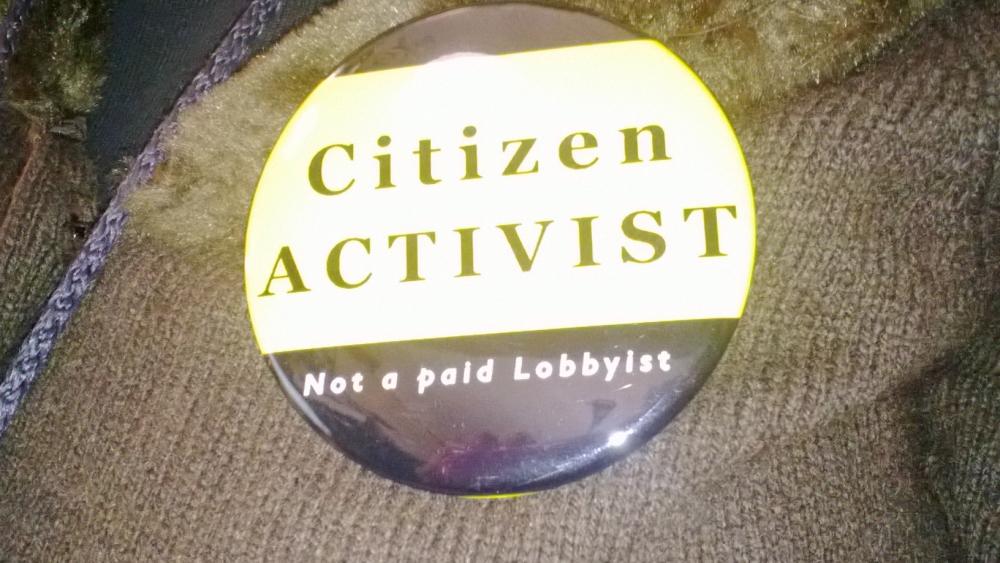
Section Branding
Header Content
Gift Limit Passes House
Primary Content

A bill aimed at limiting lobbyists’ influence over Georgia lawmakers passed the state House Monday. The measure is a lobbyist gift ban, but ethics reformers say it has too many loopholes, and would force activists to register as lobbyists.
The bill would ban monetary gifts and restore authority to state’s ethics commission.
Legislative leaders cited Georgia voters’ support for a gift cap referendum on last summer’s primary ballot.
But House Speaker David Ralston, the bill’s sponsor, also signaled another reason.
The Blue Ridge Republican listed what the bill would do, and mentioned a European trip a lobbyist gave him that some say jumpstarted the ethics debate:
“No individual or small groups going out to dinner on a lobbyist's dime," he said in a rare appearance in the well of the House. "No tickets to sporting events or concerts. No golf paid for by a lobbyist, and yes, no airplane tickets.”
In an interview after the vote, Ralston said many lawmakers took offense at the automatic assumption that lobbyists are able to buy members' votes. He said there's a perception of a connection between specific expenditures such as meals or tickets and subsequent votes.
His European trip was paid for by a lobbyist supporting high-speed rail. To date, Ralston hasn't sponsored or supported any legislation connected with high-speed rail.
Ethics reform backers say they fear the bill is just window-dressing. State Senator Joshua McKoon of Columbus said despite changes, it still contains too many exceptions to the gift ban.
And he says he fears a legal challenge to the bill's provision requiring activists to register as lobbyists. He says it abridges a citizen's right to speak with elected officials.
Debbie Dooley is a member of the Tea Party. She says many state lawmakers and other Capitol insiders oppose grassroots activism, and want to police volunteers who speak out about issues.
“There are a lot of powerful lobbyists backing this bill, because unpaid volunteers are having as big of an impact on legislation in this body as high-paid lobbyists and they resent that,” she said.
Under the bill, if someone like Dooley doesn't take a salary and doesn't spend any money on lawmakers, he or she could sign an affidavit attesting to such. But Dooley said there would still be the possibility of others lodging costly ethics' complaints.
The bill now moves to the state Senate where some lawmakers are hoping to modify the bill. For example, McKoon, the Columbus Republican, says he’d like to remove some of the gift exceptions in the bill.
Tags: politics, tea party, ethics reform, gift ban
